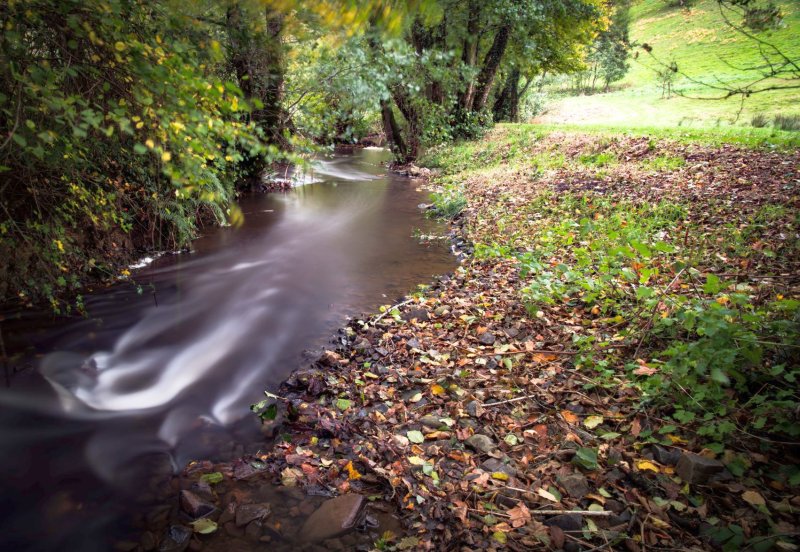
Farmers are urged to check their farm insurance policies as recent extreme weather highlights the need for sufficient cover in the event of a disaster.
With the Environment Agency taking more interest in farming and its responsibilities, it is seen as more important than ever that any insurance policy includes environmental liability.
This is not always part of a standard farm insurance policy, and without it, farmers could face serious ramifications, according to insurance experts.
Diesel or chemical spills, slurry escapes or run-off from livestock farms into watercourses, four of the most common pollution incidences, could have potentially devastating implications for farmers with insufficient cover.
“Risk management is key,” states Nigel Wellings, of Acres Insurance Brokers, “Insurance is there to help in the event of a disaster, but we are keen to avoid incidents in the first instance.
“Prevention is always better than cure, so farmers should look at their farm management systems and identify if drainage systems can cope with excess, high intensity rainfall and storms,” he adds.
“We see many claims caused by run-off when drainage systems simply can’t cope with the sheer volumes during periods of extreme heavy rainfall.
"In many cases, it would have been very simple to enhance drainage systems internally, to alleviate problems.”
Simple practical solutions such as digging additional drainage ditches and checking bunding on oil tanks can make a real difference, he explains.
But it is important that cover is also in place to mitigate any costs incurred for clean-up operations when disaster cannot be prevented.
Although most will identify with sudden and accidental pollutions such as rapid diesel spillage, farmers are also being urged to consider gradual pollution, such as that caused by minor spills in the area around diesel tanks, which over time will get into the soil profile.
“When the water table changes due to heavy and prolonged rainfall, the diesel rises in the soil profile and leads to problems with smell,” says Mr Wellings.
“We have seen problems where residential properties have been built on areas affected by gradual pollution, and the smell has made habitation unacceptable. Without full and proper environmental liability, this can be disastrous."
Chemical spills for example, can easily run into six figure costs for the clean-up.
"We know of one farm holding a policy with only £25,000 coverage, so it is not just a case of having a policy in place, but that it is suitable for your individual needs,” warns Mr Wellings.
